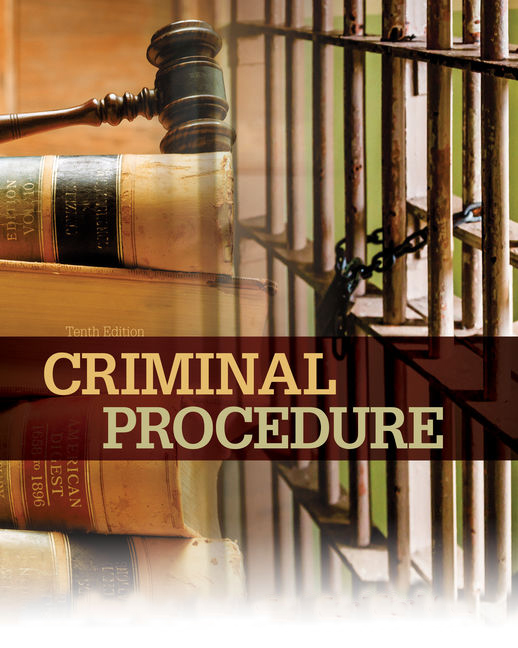Section 311 cannot be used to prolong the trial: Delhi High Court
Section 311 of the CrPC provides courts the power to summon any person as witness, or examine any person in attendance, though not summoned as a witness, or recall and re-examine any person already examined if it appears to be essential for adjudication of the case but the said power has to be exercised with care and caution. It cannot be used as a tool to procrastinate trial or as a tool to fill up the lacunae either by the prosecution or by the defence. This was held by Hon’ble Justice Subramonium Prasad in the case of Shri Chand Vs. Central Bureau of Investigation [CRL.M.C. 1721/2021] on the 23rd of August, 2021 before the Hon’ble High Court of Delhi at New Delhi.
The brief facts of the case are, an FIR was registered against seven accused in relation to reviving Narmad Cooperative Group Housing Society on the basis of forged and fabricated documents with the object to get land allotted in the name of the society by the DDA at reserve price which is at 1/6th or 1/7th of the market rate causing wrongful gains to the accused and corresponding loss to the DDA. The charge sheet was filed on 29.11.2006 and charges were framed on 18.02.2011. The trial has begun. The prosecution has concluded its evidence. When final arguments were to commence, the petitioner filed an application for engaging a hand-writing expert for an opinion in supplement to the opinion rendered by the handwriting expert appointed by the Government. The said application was rejected by the impugned Order dated 22.02.2021 stating that the handwriting expert has given his report. He has been examined and cross-examined by the Petitioner herein. It has also been noted in the impugned Order that there is no allegation against the government expert with respect to his impartiality.
The counsel for the petitioner submits that, Section 311 Cr.P.C confers a wide discretionary power on the Court and that these powers of the Court do not impose a limit when it concerns to serving the cause of justice. Furthermore, government hand-writing expert has been provided the documents in the form of photocopies as the original documents had not been placed on record by the prosecution. The counsel for the respondents submitted that, this application is an abuse of the process of law and is a mere ruse to delay the trial. He further states that the FIR was registered on 14.12.2005, charge-sheet was filed on 29.11.2006, charges were framed on 18.02.2011 and the application under Section 311 Cr.P.C was filed after the prosecution had ended its examination and the petitioner had been given an opportunity to lead defence. He states that the Trial Court has correctly observed that when the documents have already been examined by the Government appointed expert and when there is no allegation against the said government body with respect to their impartiality, then there is no necessity of getting the documents examined by a private expert. He further states that Section 22 of the PC Act provides for a limited application of the Cr.P.C. He places reliance on Section 22(a) of the PC Act which provides that after the evidence is over, the accused is required to give in writing a list of persons (if any) whom he proposes to examine as his witnesses as well as of the documents (if any) on which he proposes to rely. He states that the petitioner has not followed the procedure prescribed in law. He, therefore, states that permitting the petitioner to examine one more hand writing expert would be superfluous in the face of the facts and circumstances of this case, and in fact would delay the mandate of Section 243 Cr.P.C.
The learned judge heard the submissions of both the parties and relied on the judgement in the case of, Mohanlal Shamji Soni v. Union of India, 1991 Supp (1) SCC 271, wherein it was held that, “The aid of the section should be invoked only with the object of discovering relevant facts or obtaining proper proof of such facts for a just decision of the case and it must be used judicially and not capriciously or arbitrarily because any improper or capricious of the power may lead to undesirable results. Further, it is incumbent that due care should be taken by the Court while exercising the power under this section and it should not be used for filling up the lacunae left by the prosecution or by the defence or to the disadvantage of the accused or to cause serious prejudice to the defence of the accused or to give an unfair advantage to the rival side and further the additional evidence should not be received as a disguise for a retrial or to change the nature of the case against either of the parties. The jurisdiction of the Court must be dictated by exigency of the situation, and fair-play and good sense appear to be the only safe guides and the requirements of justice command the examination of any person which would depend on the facts and circumstances of each case.” Applying this to the present case, the court dismissed the petition on the grounds that this was merely a ruse to prolong the trial and held, “that permitting the petitioner to examine the hand-writing expert without any reason forthcoming from the petitioner as to why the petitioner did not choose to produce a hand-writing expert at an earlier stage and further as to why there is any necessity of a second hand-writing expert would cause prejudice to the case.”

